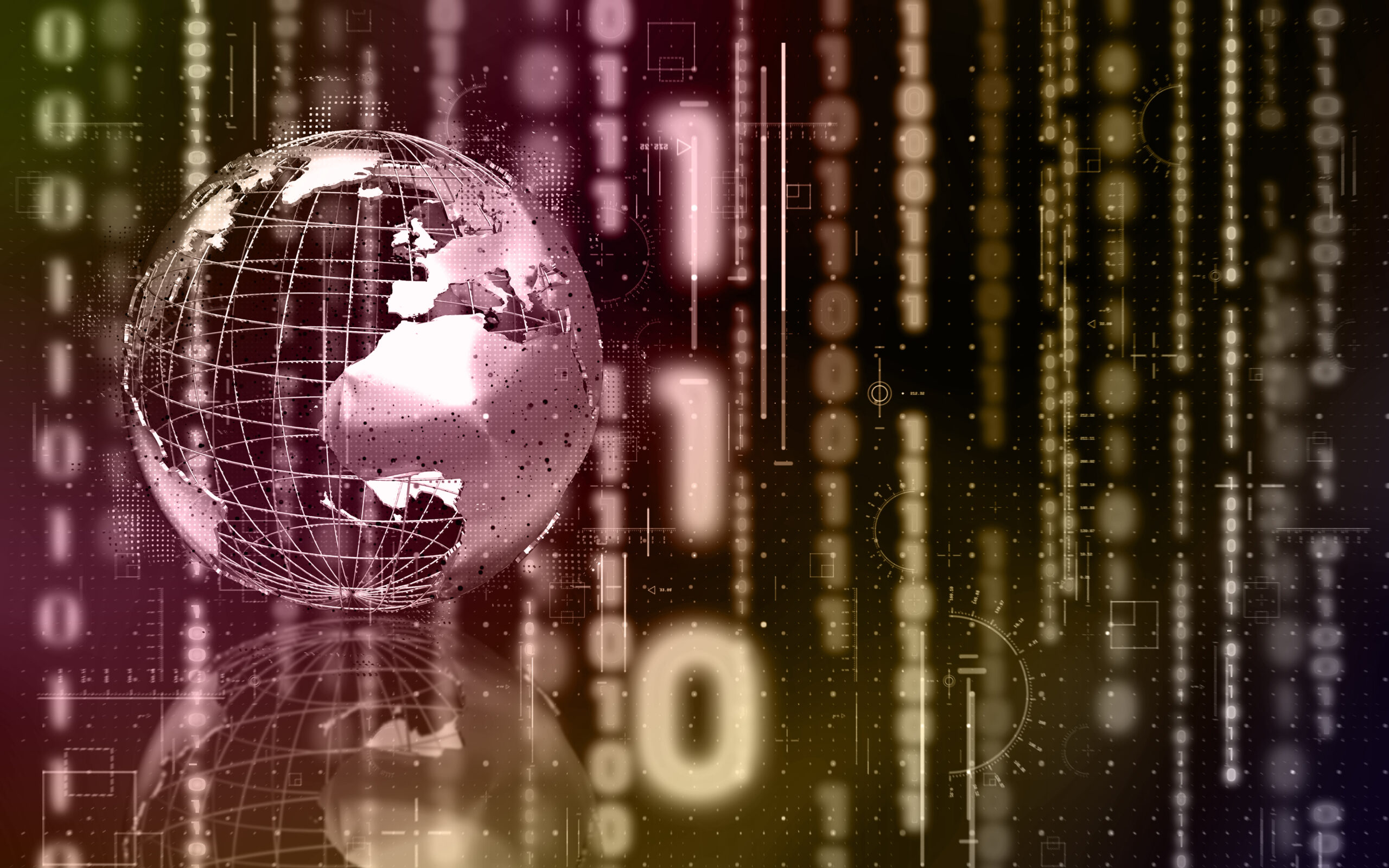Introduction
Big data is everywhere—from your phone tracking your steps to apps predicting your next purchase. But with this sea of information comes a tsunami of ethical concerns, especially in cybersecurity. Who owns this data? Who decides how it’s used? And most importantly—are we safe? Let’s unravel the tangled web of big data and ethics in the world of cybersecurity, where the stakes are high and the consequences are real.
Understanding Big Data
The Four V’s of Big Data
Big data is often defined by four key elements:
-
Volume – Massive amounts of data generated every second.
-
Velocity – The speed at which data is processed.
-
Variety – Different forms of data (text, video, metadata).
-
Veracity – Accuracy and trustworthiness of data.
Where Does Big Data Come From?
From social media and GPS logs to health trackers and smart home devices, big data is harvested almost every time we interact with digital technology.
Use Cases of Big Data in Everyday Life
-
Personalized recommendations on Netflix or Amazon.
-
Predictive traffic updates on Google Maps.
-
Fraud detection in banking systems.
The Intersection of Big Data and Cybersecurity
How Cybersecurity Relies on Big Data
Cybersecurity professionals depend on big data to spot patterns, detect anomalies, and prevent attacks. Without it, guarding digital assets would be like finding a needle in a haystack—blindfolded.
Real-Time Threat Detection
By analyzing enormous streams of data in real-time, systems can alert teams to potential intrusions or vulnerabilities—before hackers strike.
Predictive Analysis and AI Integration
Machine learning models feed on big data to predict threats and recommend proactive security measures, turning defense into offense.
Ethical Dilemmas in Big Data Usage
Privacy vs. Security
This is the classic dilemma. To keep you safe, cybersecurity might need to look into your data. But where’s the line? Should your email be scanned for threats? What about your medical records?
Data Ownership and Consent
When you upload a photo or sign up for an app, who owns that data? You, the platform, or the cloud provider? Ethical cybersecurity insists on clear, user-friendly consent policies.
Surveillance Concerns
Big data can turn into Big Brother. Governments and corporations may overstep boundaries under the guise of “security,” raising concerns over mass surveillance.
Data Collection: What’s Too Much?
Informed Consent
Ever clicked “I Agree” without reading the fine print? You’re not alone. Ethical practices demand that data collection be clear, concise, and understood—not hidden in legal jargon.
The Grey Area of Metadata
Metadata (like time, location, and device info) seems harmless, but it can reveal more than you’d expect. This subtle data is often used without full awareness from users.
Algorithms and Bias in Cybersecurity
Can Machines Be Prejudiced?
Absolutely. AI learns from historical data, which may contain human biases. The result? Security systems that disproportionately flag certain groups.
Bias in Threat Identification
Imagine a system that flags activity as “suspicious” simply because it doesn’t fit a common pattern—potentially targeting minority users unfairly.
Transparency and Accountability
Ethical cybersecurity demands explainable AI—meaning the logic behind decisions must be clear and auditable, not locked away in black-box algorithms.
Regulations and Ethical Frameworks
GDPR, HIPAA, and Other Regulations
The General Data Protection Regulation (GDPR) and Health Insurance Portability and Accountability Act (HIPAA) lay down laws for data use, privacy, and security. They’re the ethical rulebooks of the digital age.
Ethical Hacking and White-Hat Practices
Hackers aren’t always the bad guys. Ethical hackers (white hats) find and fix security flaws before criminals can exploit them—essential players in the cybersecurity ecosystem.
Building Trust with Big Data and the Ethics of Cybersecurity
Transparency in Data Use
You build trust by clearly telling users what data you collect, why you collect it, and how you protect it—this should be standard practice.
Educating the Public
People can’t protect what they don’t understand. That’s why cybersecurity awareness campaigns are crucial to ethical tech use.
Corporate Responsibility
It’s not just about laws—it’s about doing what’s right. Companies must bake ethics into their data strategies, not tack it on later.
Conclusion
Big Data and the Ethics of Cybersecurity powers today’s digital world—but with great power comes great responsibility. The fusion of big data and cybersecurity offers both amazing benefits and daunting ethical questions. Protecting users while respecting privacy isn’t just a best practice—it’s a necessity.
As we move forward, balancing innovation with integrity will be key to building a future where data works for people, not against them.
FAQs
1. Why is big data important in cybersecurity?
Big data helps identify patterns, detect threats, and improve system defenses in real-time, making cybersecurity more proactive and intelligent.
2. What ethical concerns are associated with big data?
Key concerns include privacy, data ownership, surveillance, bias in algorithms, and lack of informed consent.
3. How can organizations ensure ethical use of big data?
By implementing transparent policies, following legal regulations, educating users, and regularly auditing their data practices.
4. Can AI in cybersecurity be biased?
Yes. AI systems can inherit biases from training data, leading to unfair threat detection or profiling.
5. What is the role of GDPR in big data ethics?
GDPR ensures that users have control over their personal data, promoting ethical collection, processing, and storage of information.
